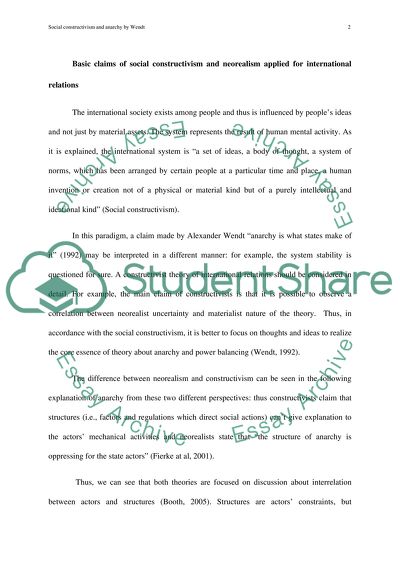Cite this document
(“International relations - contemporary global security Essay”, n.d.)
Retrieved from https://studentshare.org/politics/1411548-international-relations-contemporary-global-security
Retrieved from https://studentshare.org/politics/1411548-international-relations-contemporary-global-security
(International Relations - Contemporary Global Security Essay)
https://studentshare.org/politics/1411548-international-relations-contemporary-global-security.
https://studentshare.org/politics/1411548-international-relations-contemporary-global-security.
“International Relations - Contemporary Global Security Essay”, n.d. https://studentshare.org/politics/1411548-international-relations-contemporary-global-security.


